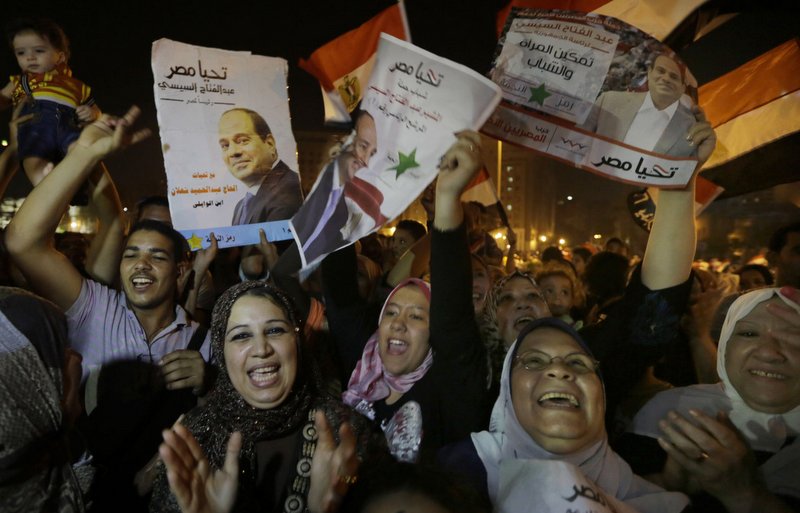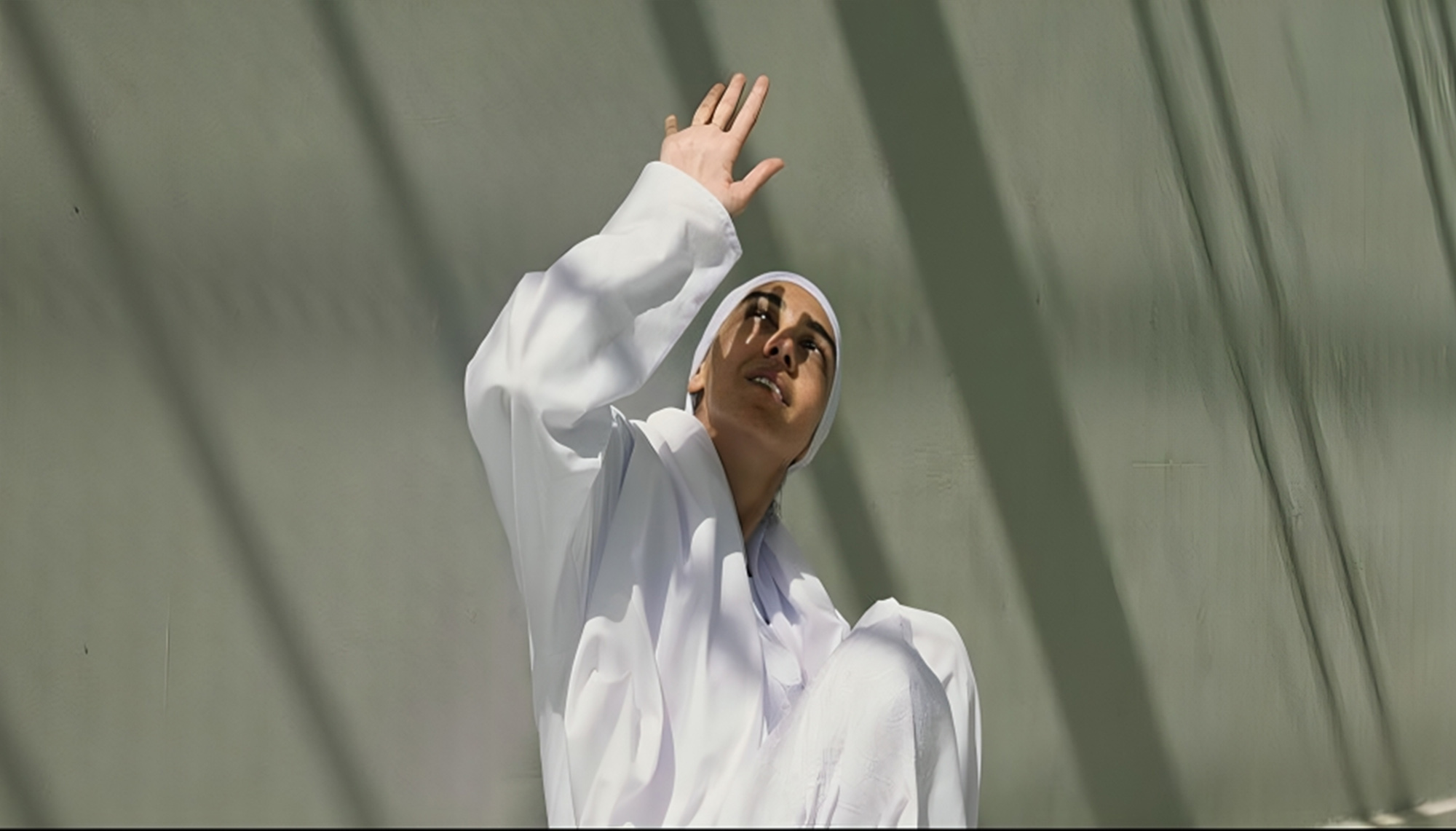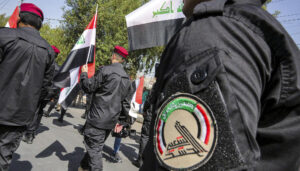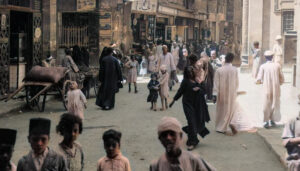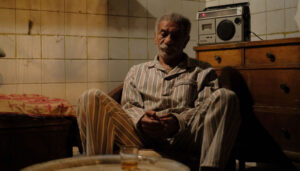By Sara Obeidat (Another version of this post was originally published on the blog Kalimaat on Wednesday June 4, 2014)
Last year, I attended my little brother’s high school graduation. As the ceremony commenced, the graduates sang the song “Nahnu El Shabab” (نحن الشباب) , a well-known old pan Arab anthem that translates to “We are the Youth”. “لنا العراق والشام ومصر والبيت الحرام”. “Iraq, Syria, Jerusalem, and the House of God (Mecca), all belong to us.” By “us” the writer meant “the people.” The lyrics were recited in unison by the graduating class.
The irony of the lines seemed almost comical: Iraq belongs neither to its people nor to its government, Jerusalem belongs to the so-called only democracy in the Middle East, most Syrians are either dead or displaced internally or internationally, and thanks to the champions of sectarian division-the House of Saud- the Holiest City in Islam is far from belonging to Muslims or Arabs. The celebration went on, because it has become common practice for us to look one another in the face and lie not only to one another but also to ourselves.
Abdel Fattah el Sisi is officially the President of Egypt in a landslide victory of almost 97%. With an alleged voting participation rate of 47%, one is forced to think twice about whether or not Sisi’s campaign had to go through the trouble of manipulating the vote in the first place. On Egyptian television this week, various Egyptian presenters “celebrated” (with song and dance) election results that did not take into account half of the population.
Bashar al Assad is the winner of the Syrian farce of an election. There was absolutely no need to wait for the results, especially after running opponent Hassan Al-Nouri stated during a BBC phone interview that the Syrian people need his contender, Assad, to win the election. (Not sure whether to consider such a move as political suicide or political survival.)
Anyone who has lived outside Syria in the past decade was not allowed to run in the Syrian election, effectively excluding most opposition figures. Voting in Syria was restricted only to areas under government control. Refugees who left Syria “illegally” were barred from voting in elections. A significant number of those who can vote from outside the country fear that they may never be able to return to their country if they cast the “wrong” vote in the election. So why are we still calling it an election? And why are we still singing a song written in the early 50s that holds no truth in depicting our political reality?
On Tuesday, Jordan marked the 83rd anniversary of the death of Sharif Hussein. The “leader” of “the great Arab revolt” who handed our chains from the Ottomans over to the Europeans, who, in turn, managed to carve up the entire Levant into an incomprehensible set of falsely constructed identities. Singing songs that emphasize false political achievements, and teaching history books that twist historical facts in order to celebrate failures, are examples of “performance orientation”. Performance orientation is a psychological term used for describing how humans approach learning by striving to complete a task merely for the sake of “performance”. It is a way of “proving” competence in lieu of “improving” competence, often leading to an inflated sense of self and achievement.
Songs of unity and nationalism are now as harmful as the propaganda our tyrants feed us. They mask our raw political truths, instead serving as a temporary pat on the back for our shortcomings. We seem to continually perform to foster a false sense of achievement for our an entire nation. Our outdated poems and literary texts emphasizing Arab unity harm us more than positively influence us. We do not own Iraq, or Syria, or Egypt, or Saudi, or Jordan, or Palestine, or Bahrain. We also do not own “An Arab Dream” الحلم العربي . Our policies are too individualistic, and our countries prefer engaging in secret alliances based on irrational fears. “بلاد العرب أوطاني ” another anthem, which translates to “The Arab Nation is my Home”, should not be sung when a Jordanian needs a visa to enter Dubai and American doesn’t, when there is a list of occupations that Palestinians cannot pursue in Lebanon, or when Syrians are prevented from entering Jordan through the airport unless they are in transit.
Similarly, the Arab Spring today no longer serves as an emblem of political change, but instead fosters a false sense of achievement. Celebrating the Arab Spring two years ago was legitimate: we strove towards reshaping our governments and reintroducing political participation. Celebrating the Arab Spring today, or taking pride in it, is as delusional as the overly praised only child with a false sense of undeserved achievement.
The Arab Spring has been hijacked to legitimize elections that bring military tyrants and war criminals to power. Let us be careful with the term and not overly use it, for it already does not hold the same weight it used to. Let us be careful with the term “election” as well and not overuse it. Let’s instead come up with another term, one to describe the event in Syria, which recycles barrel bombs for ballot boxes.
I have very often heard elderly people who witnessed the day Egypt “reclaimed” the Sinai or witnessed Jordan “winning” the “Karama battle” recount these incidents. They all seem stuck, fixated, absorbed in that same year of their so-called political victory, unable to move forward, unable to reassess. I wonder if our generation will be stuck in 2011 with a false sense of achievement as well. It may be too early to tell, but with the region hosting three elections in the past six weeks and achieving no change, the hopes of moving forward seem as distant a 50s pan Arab song from our current political reality.
